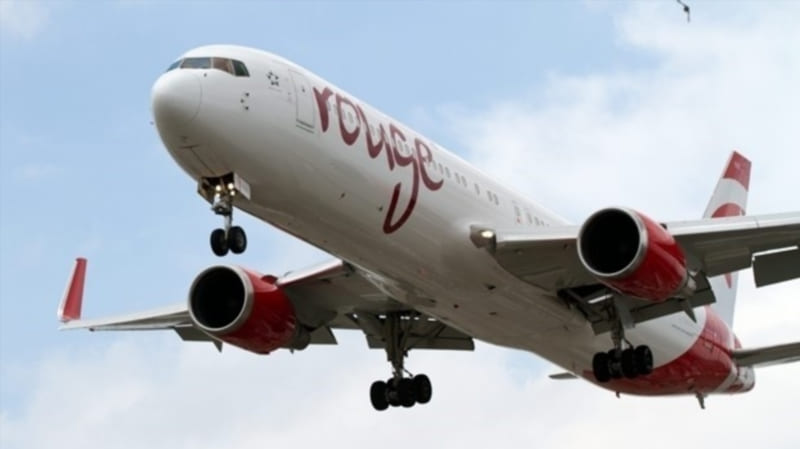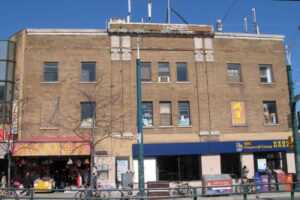The Soundscape of Toronto’s Sky

If you’ve ever taken a leisurely stroll through Central Toronto, you might’ve caught the distant hum or a sudden roar of an airplane. It’s an unmistakable sound, isn’t it? The question on many residents’ minds lately: “Has that noise been getting louder?” Let’s dive deep and unpick the truth.
A Historical Peek: Toronto’s Air Traffic Through the Years
Toronto, being Canada’s largest city, has always been a hub for travelers. Pearson International Airport, Billy Bishop Toronto City Airport, and other smaller airfields ensure that the skies above Toronto are pretty busy.
In the 1990s, air traffic was a mere whisper compared to today. Advances in aviation, an increase in global tourism, and Toronto’s growing popularity as an international destination have all contributed to an uptick in flights.
Contemporary Data Dive: Noise Metrics and What They Reveal
Fast forward to today. According to data from Transport Canada, the number of flights over Central Toronto has seen a steady rise over the last decade. But hold on a minute – more flights don’t necessarily equate to more noise, right? Well, there’s a twist in the tale.
Airplane models have changed over the years. While modern planes are often more efficient and eco-friendly, their noise profiles can differ vastly from their older counterparts.
However, statistics from the Toronto Noise Management Office show that while there’s been an increase in flights, the average decibel levels haven’t shown a significant upward trend. It’s akin to having more whispers in a room, rather than a few loud shouts.
The Human Element: Perception Vs. Reality
Alright, folks, here’s where things get juicy. Human perception is a tricky thing. Two people can hear the same sound and interpret it entirely differently. So, why are more Toronto residents feeling that airplane noise has increased?
Cognitive Factors: How Our Brains Process Sound
Our brains are hardwired to notice changes in our environment. An occasional airplane might be easy to brush off, but if you’ve got planes passing overhead every 15 minutes, your brain might start to flag that as “the norm.” Any slight deviation from this—say, a louder plane due to atmospheric conditions—might feel like a significant increase.
Furthermore, humans have a knack for “filling in the gaps.” If you’re already feeling that planes are louder, any sound can become an airplane in your mind, amplifying the perception of noise.
Emotional Responses: Annoyance and Sleep Disruption
Ever been jolted awake by the roar of an engine in the wee hours? It’s not just about decibel levels; the timing of noise plays a huge role in our reactions. Night flights, even if fewer, can cause greater annoyance and lead to the perception that “planes are definitely getting louder.”
External Influences: Urban Growth and Sound Reflection
Central Toronto, over the years, has seen quite a facelift. New buildings, infrastructural changes, and urban sprawl can all influence how sound travels.
Tall buildings can act as barriers, reflecting and redirecting sound. The more urbanized our environment becomes, the more pathways there are for sound to bounce, twist, and turn, leading to pockets of amplified noise. Ever shouted in a canyon and heard an echo? It’s a similar principle.
A Broader Perspective: Global Trends and Their Impact
It’s not just Toronto. Cities worldwide grapple with the challenge of balancing the benefits of connectivity and the drawbacks of noise pollution. London, for instance, has an ongoing debate about the Heathrow Airport expansion and its potential noise implications.
In many cases, airports have been trying to mitigate noise through curfews, noise barriers, and flight path adjustments. Some solutions, like “green” airports in Europe, aim for a holistic balance, focusing not just on noise, but overall environmental impact.
So, where does Toronto stand? While objective data might not indicate a stark increase in airplane noise, subjective experiences vary. What’s clear is that the conversation around airplane noise in Central Toronto is far from over, and as the city continues to grow, it’s a topic that’ll keep soaring.
Further reading: Toronto’s Air Traffic History, Noise Pollution Effects on Humans, Urban Development and Sound Reflection Studies.







